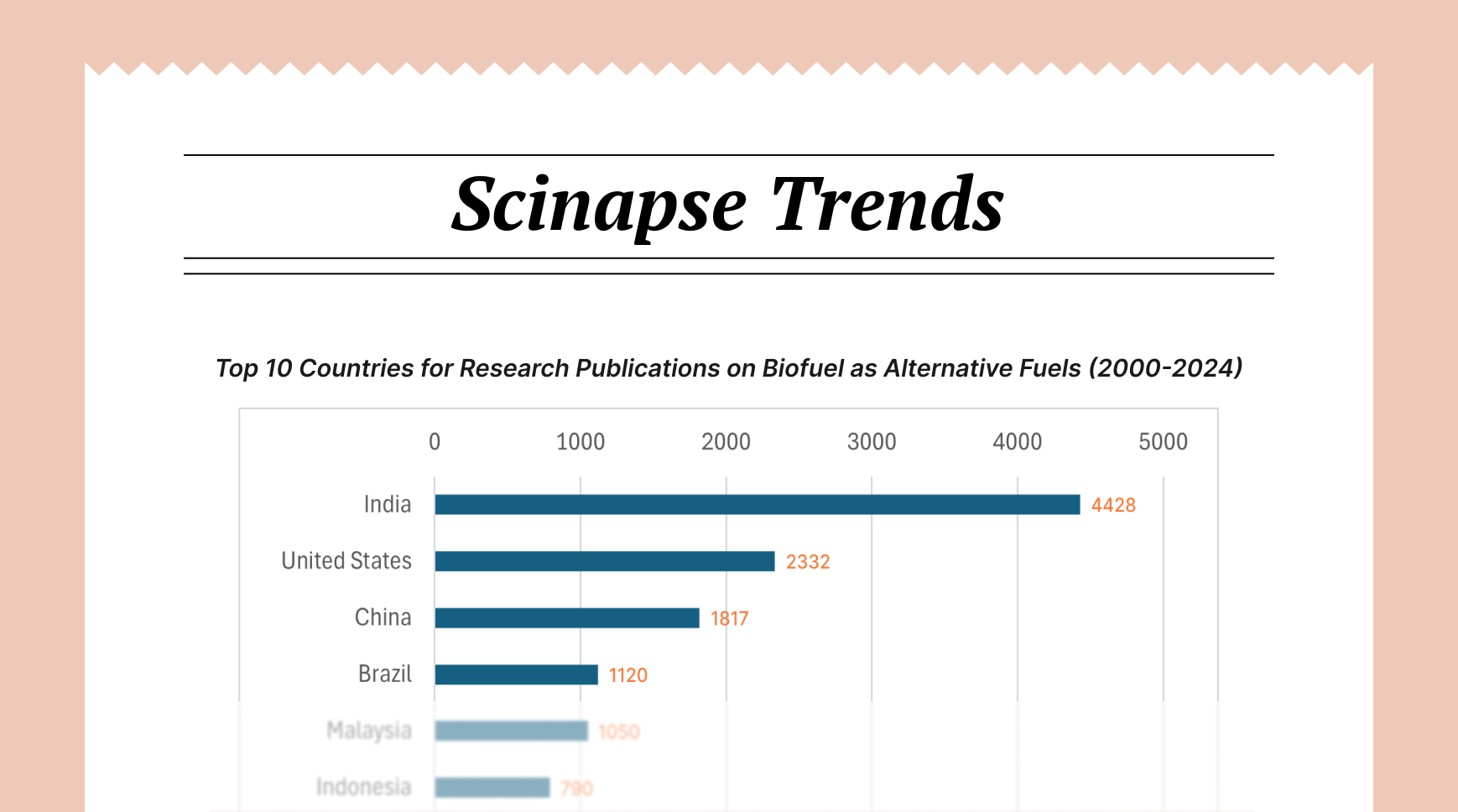Literature Reviews: Purpose, Process, and Position in Scholarly Research

The literature review serves as both a foundation and framework for scholarly inquiry. More than a mere summary of existing work, a well-executed literature review represents a critical analysis and synthesis of relevant scholarship that contextualizes and validates new research endeavors. In the increasingly complex landscape of academic publishing, understanding the multifaceted role of literature reviews has become essential for researchers across disciplines. This article examines the purpose, process, and position of literature reviews in contemporary academic research, highlighting their evolving significance in advancing knowledge and shaping scholarly discourse.

The Purpose of Literature Reviews
1- Contextualizing Research Questions
Literature reviews serve as the intellectual bridge between existing knowledge and new inquiry. By thoroughly examining published works related to a specific research question, researchers can identify what is already known, what remains unclear, and which methodological approaches have proven most effective. This contextualization prevents unnecessary duplication of research efforts while ensuring that new studies address genuine knowledge gaps.
2- Establishing Theoretical Frameworks
Beyond situating new research within existing knowledge, literature reviews help scholars identify and articulate the theoretical frameworks that will guide their investigations. Through critical analysis of relevant theories and conceptual models, researchers can determine which frameworks best align with their research questions and methodological approaches. This process of theoretical positioning allows researchers to make explicit the lens through which they interpret their findings, enhancing the coherence and scholarly rigor of their work.
3- Demonstrating Scholarly Credibility
A comprehensive literature review demonstrates the researcher's command of relevant scholarship and establishes their credibility within the academic community. By engaging critically with existing work, researchers signal their understanding of disciplinary conventions, methodological standards, and theoretical debates. This demonstration of scholarly competence is particularly important for early-career researchers seeking to establish themselves within their fields.
The Process of Conducting Literature Reviews
1- Search Strategies and Source Selection
The literature review process begins with systematic search strategies designed to identify relevant sources. This typically involves searching academic databases using carefully selected keywords, reviewing reference lists of pertinent articles, and consulting specialized bibliographies. The selection of sources requires careful consideration of relevance, rigor, and recency. Researchers must balance comprehensiveness with focus, ensuring that their review includes seminal works while remaining manageable in scope.
2- Critical Analysis and Evaluation
Once relevant sources have been identified, researchers must analyze and evaluate each work's methodology, theoretical framework, findings, and limitations. This critical evaluation goes beyond summarizing what each source presents—it involves assessing the quality of evidence, identifying underlying assumptions, and considering alternative interpretations.
3- Synthesis and Organization
Perhaps the most challenging aspect of literature review development is the synthesis of disparate sources into a coherent narrative. Rather than presenting a series of disconnected summaries, effective literature reviews identify patterns, contradictions, and relationships across sources. This synthesis may be organized thematically, methodologically, chronologically, or according to theoretical perspectives, depending on the research objectives and disciplinary conventions. The organization should guide readers through the intellectual landscape of the topic, highlighting significant landmarks and pointing toward unexplored territories.
4- Integration with Research Design
The literature review process culminates in the integration of existing knowledge with the proposed research design. This integration informs decisions about methodology, instrumentation, sampling, and analytical approaches. By establishing clear connections between past scholarship and current research questions, researchers demonstrate how their work extends or challenges existing paradigms. This integration ensures that new research builds upon rather than merely reproduces previous efforts.
The Position of Literature Reviews in Scholarly Research
Traditionally, literature reviews have occupied a preliminary position in the research process, serving as prerequisite groundwork for empirical investigations. In this formulation, the literature review functions primarily as a justification for the research question and methodology, demonstrating the need for and relevance of the proposed study.
Increasingly, literature reviews are recognized as valuable scholarly contributions in their own right. Systematic reviews, meta-analyses, and critical review articles have emerged as distinct publication genres that make significant contributions to knowledge without necessarily collecting new empirical data. These standalone reviews serve multiple functions in the academic ecosystem:
- They synthesize findings across multiple studies, offering insights that may not be apparent in individual research reports.
- They identify methodological strengths and weaknesses across a body of literature, informing future research design.
- They highlight inconsistencies and contradictions in existing research, prompting theoretical reconsideration.
- They make complex fields of study accessible to scholars from other disciplines, facilitating interdisciplinary collaboration.
Current Strategic Position of Literature Reviews: Research Agenda Setting
Beyond their contributions to individual research projects, literature reviews increasingly play a strategic role in setting research agendas within disciplines and subdisciplines. Comprehensive reviews can identify promising avenues for future investigation, methodological innovations, and theoretical developments. By synthesizing existing knowledge and highlighting limitations in current understanding, literature reviews help shape the direction of scholarly inquiry. This agenda-setting function is particularly evident in emerging fields where the conceptual terrain remains contested and the methodological standards are still evolving.
Challenges and Considerations in Contemporary Literature Reviews
1- Managing Information Overload
The exponential growth in academic publishing presents significant challenges for literature review development. Researchers must navigate an ever-expanding sea of publications, determining which sources merit inclusion and which can be justifiably excluded. Digital tools, including reference management software and text mining applications, offer partial solutions to this challenge, but they cannot replace the scholarly judgment required to identify truly significant contributions.
2- Addressing Methodological Diversity
Contemporary research is characterized by methodological pluralism, with quantitative, qualitative, mixed-methods, and theoretical approaches all contributing valuable insights. Literature reviews must engage meaningfully with this methodological diversity, recognizing the unique contributions and limitations of different research traditions.
Author: Uttkarsha B
- AI-Ethicist and STM Research & Publishing Expert
Never re-search again.
Scinapse is made by researchers for researchers.
Join the next generation of research at ⏯️ https://scinapse.io/
Pluto Labs
Pluto Labs helps researchers focus on their research by improving several inefficiencies in the academic research process. We offer data-driven insights from academic papers, allowing users to easily obtain review-level results for their desired range of papers.
https://pluto.im/





Comments ()